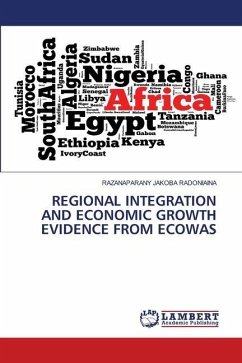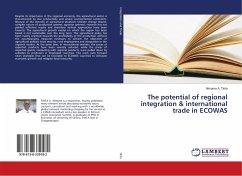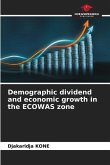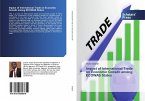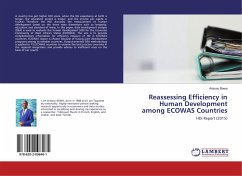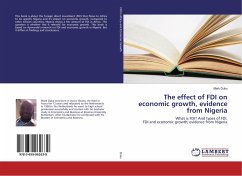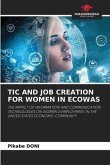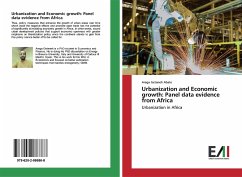Numerous reforms were implemented to enhance the level of integration in the ECOWAS.The revision of the founding treaty in 1993 can be considered as the most remarkable and significant among them. Hence, this revision aimed to extend the area of competence of the ECOWAS integration, from promoting trade, free movement, and policy harmonization, to social and political areas (resolution of conflicts, environmental matters, strengthening international laws, development of small and medium scale enterprises...) that are impedingsub-regional activities. The revised treaty of 1993 was destined to reorganize the ECOWAS and to create various institutions and specialized commissions to address to challenges that we have enumerated earlier. This study aims to examine the effect of regional integration on economic growth in the ECOWAS, and particularly, the effect of the revised treaty of 1993. We estimate a standard growth model using a panel dataset on 14 ECOWAS countries over 44 years (1975-2019) by a fixed effects regression with the Driscoll-Kraay Standard Errors method.
Bitte wählen Sie Ihr Anliegen aus.
Rechnungen
Retourenschein anfordern
Bestellstatus
Storno

